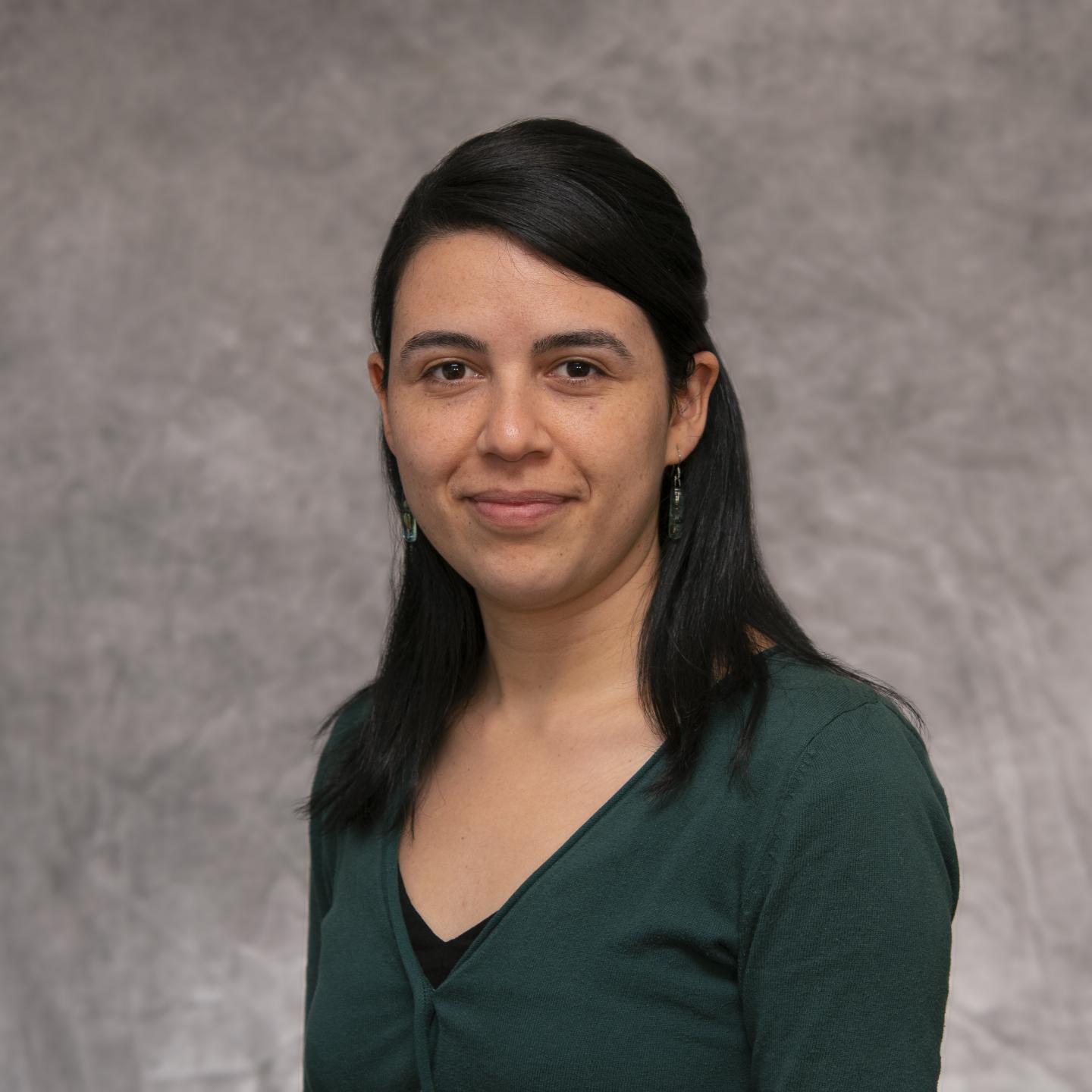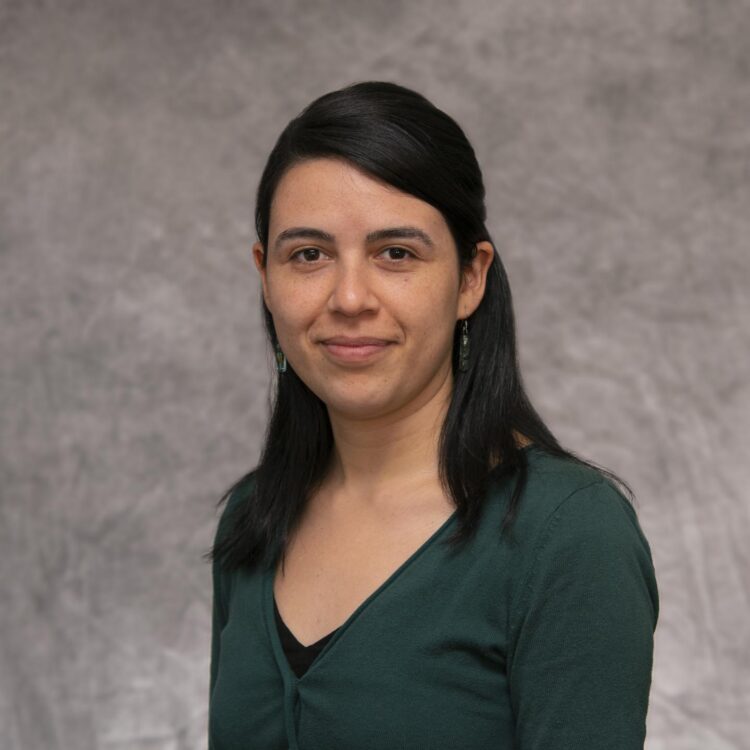
Credit: Yale Cancer Center
New research by Yale Cancer Center shows insights into modeling resistance to immune checkpoint inhibitors, a form of cancer immunotherapy. The study was presented today at the American Association of Cancer Research (AACR) virtual annual meeting.
“Acquired resistance to immune checkpoint inhibitors is a growing clinical challenge. About 50% of lung cancer patients who initially respond to immune checkpoint inhibitors eventually develop acquired resistance to these therapies,” said Camila Robles-Oteiza, lead author of the study from Yale Cancer Center. “We studied this clinical challenge by examining the mechanisms of resistance to help improve treatment.”
Yale researchers used a novel mouse model of KRAS driven lung cancer to investigate what drives acquired resistance to immune checkpoint inhibitors. They found lung tumors with acquired resistance to these therapies have reduced expression of MHC-II molecules, as well as increased tumor hypoxia or where tumor cells have been deprived of oxygen. By combining immune checkpoint inhibitors such as anti-PD-1 and anti-CTLA-4 with an anti-hypoxia agent, researchers showed they could slow the acquired resistance.
“Informing strategies to overcome acquired resistance can help to address a critical, unmet need in cancer therapy,” said Robles-Oteiza.
Other authors of the study from Yale are Katerina Politi, PhD, senior author and co-authors Susan M. Kaech, PhD and Katherine Hastings, PhD.
###
About Yale Cancer Center and Smilow Cancer Hospital
Yale Cancer Center (YCC) is one of only 51 National Cancer Institute-designated comprehensive cancer centers in the nation and the only such center in Connecticut. Cancer treatment for patients is available at Smilow Cancer Hospital through 13 multidisciplinary teams and at 15 Smilow Cancer Hospital Care Centers in Connecticut and Rhode Island. Comprehensive cancer centers play a vital role in the advancement of the NCI’s goal of reducing morbidity and mortality from cancer through scientific research, cancer prevention, and innovative cancer treatment.
Media Contact
Anne Doerr
[email protected]
Original Source
https:/





